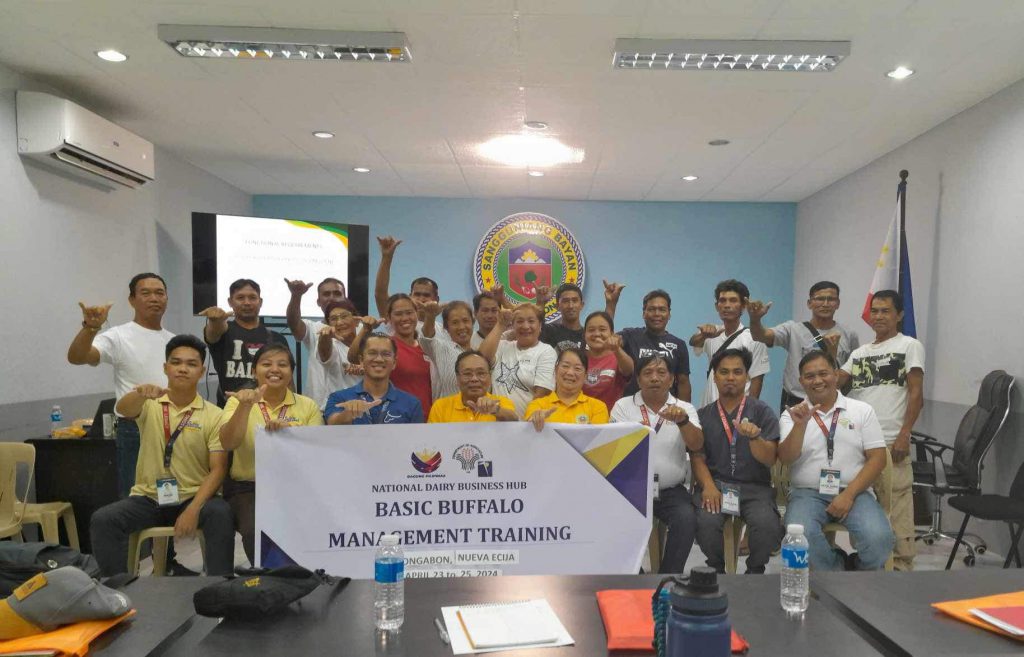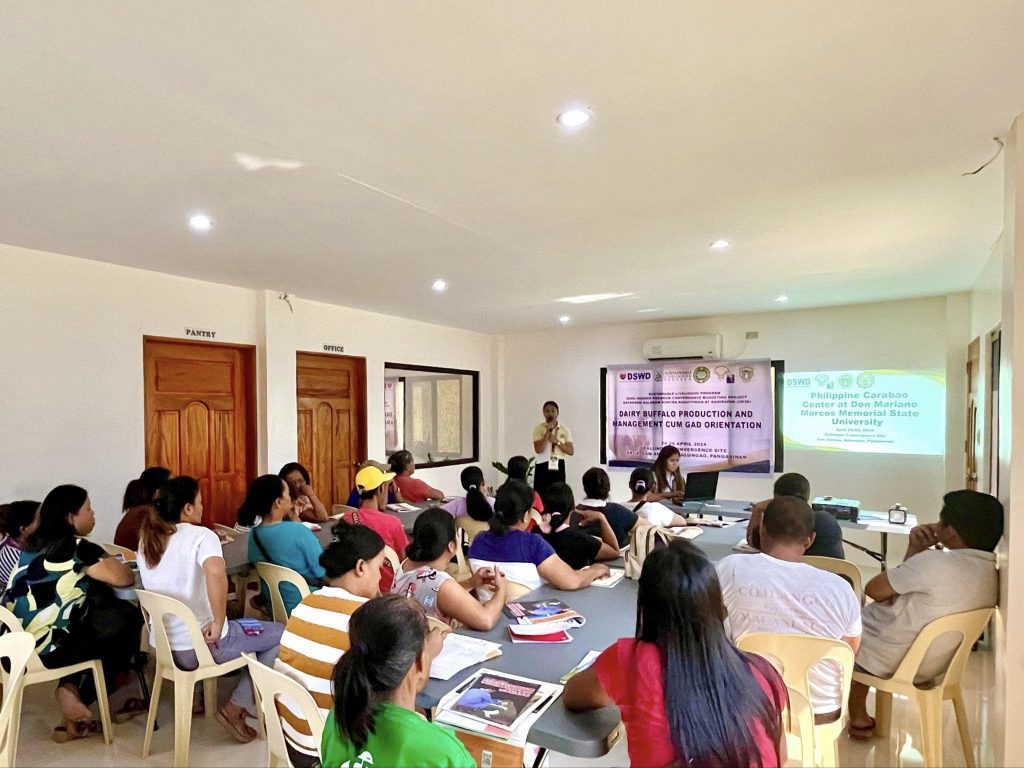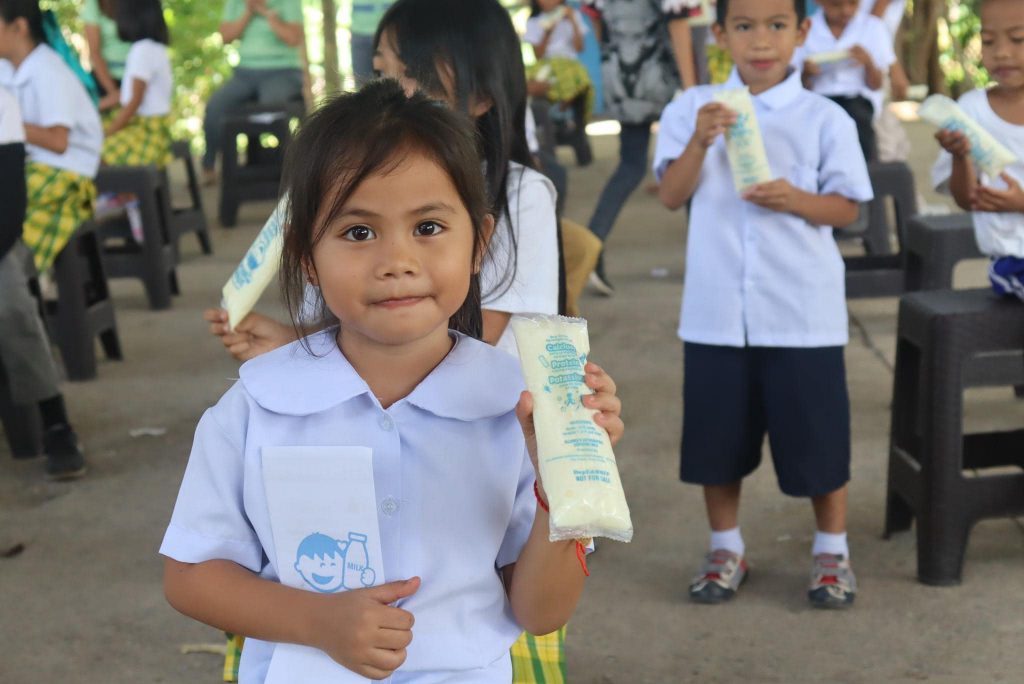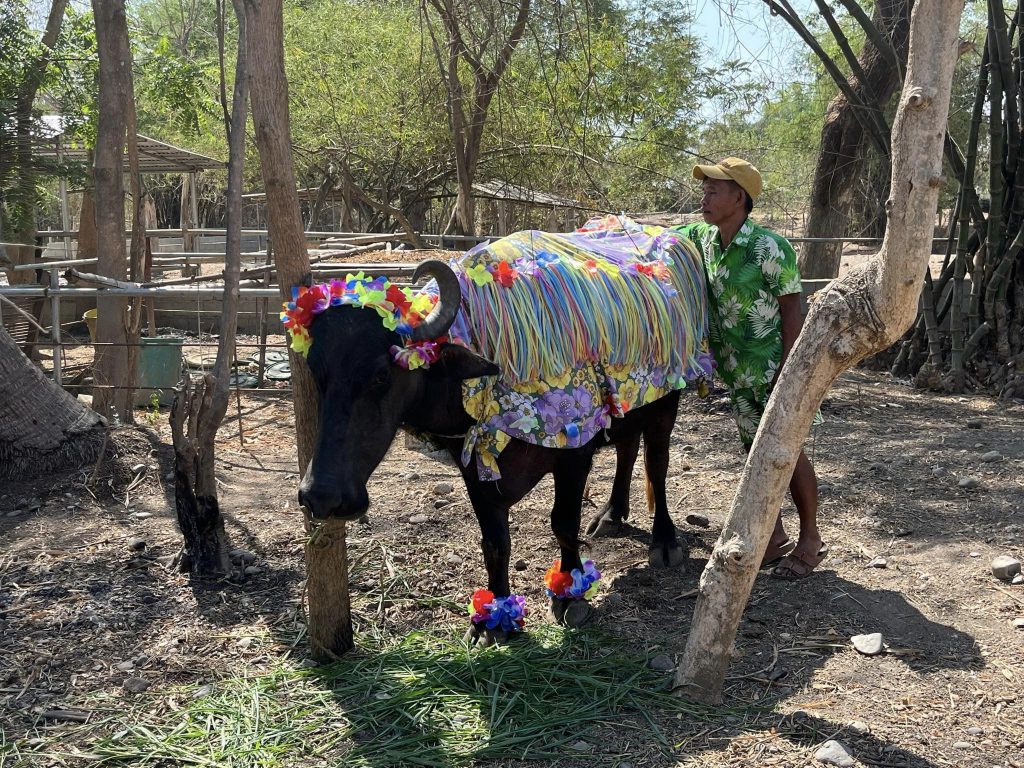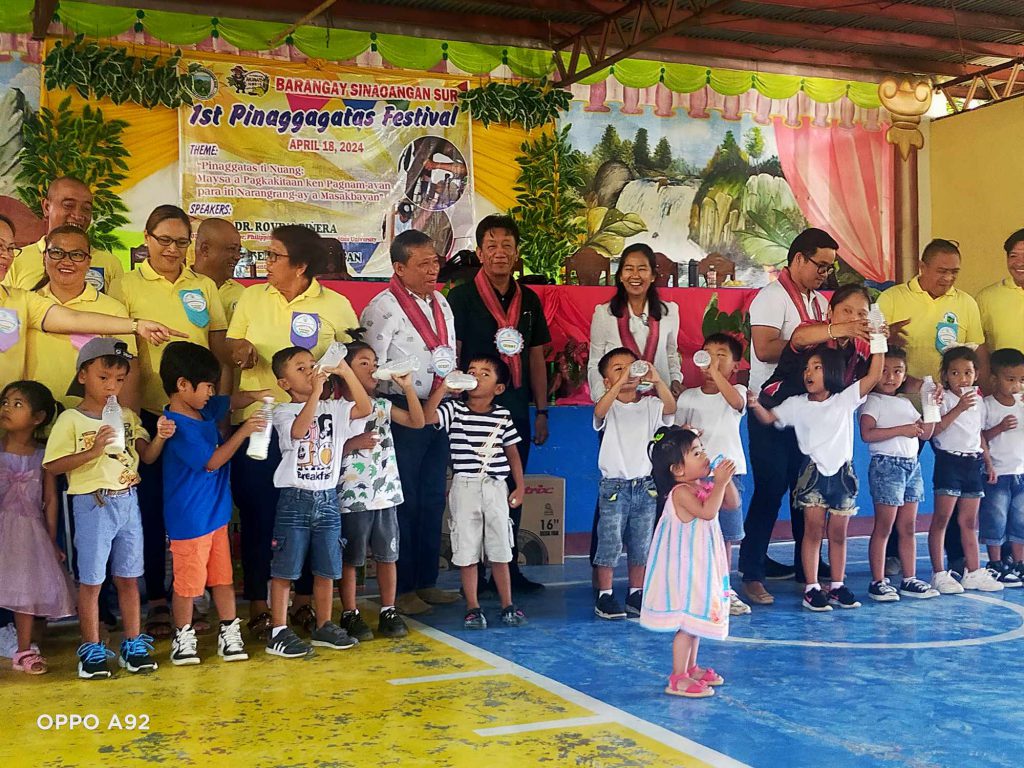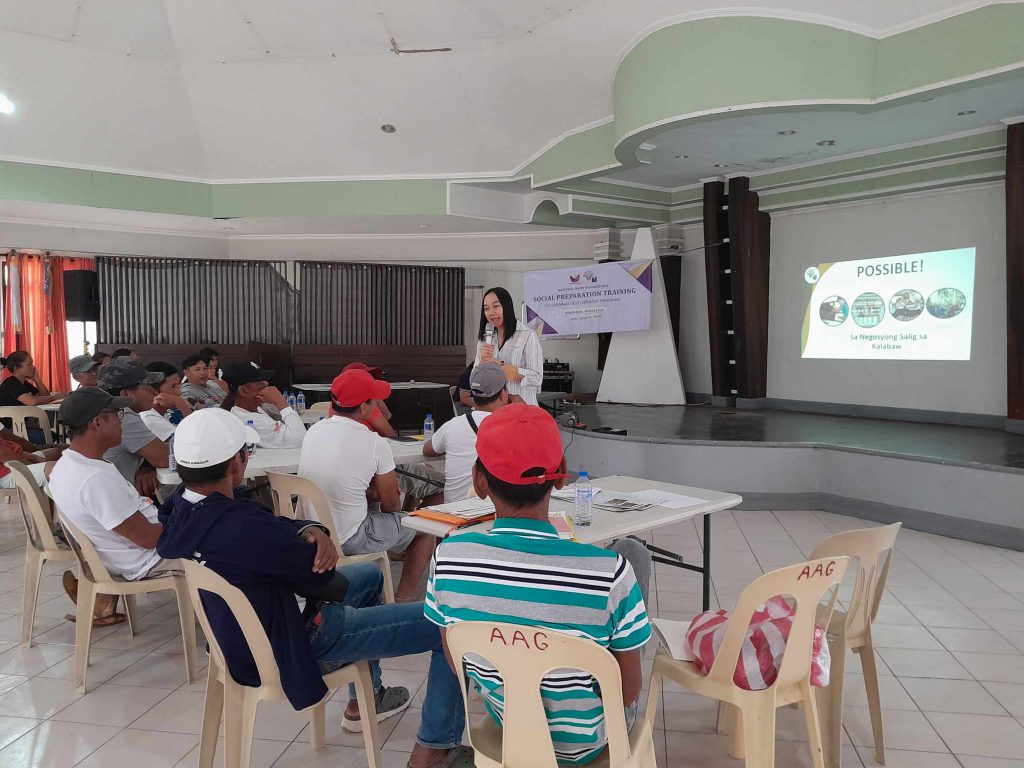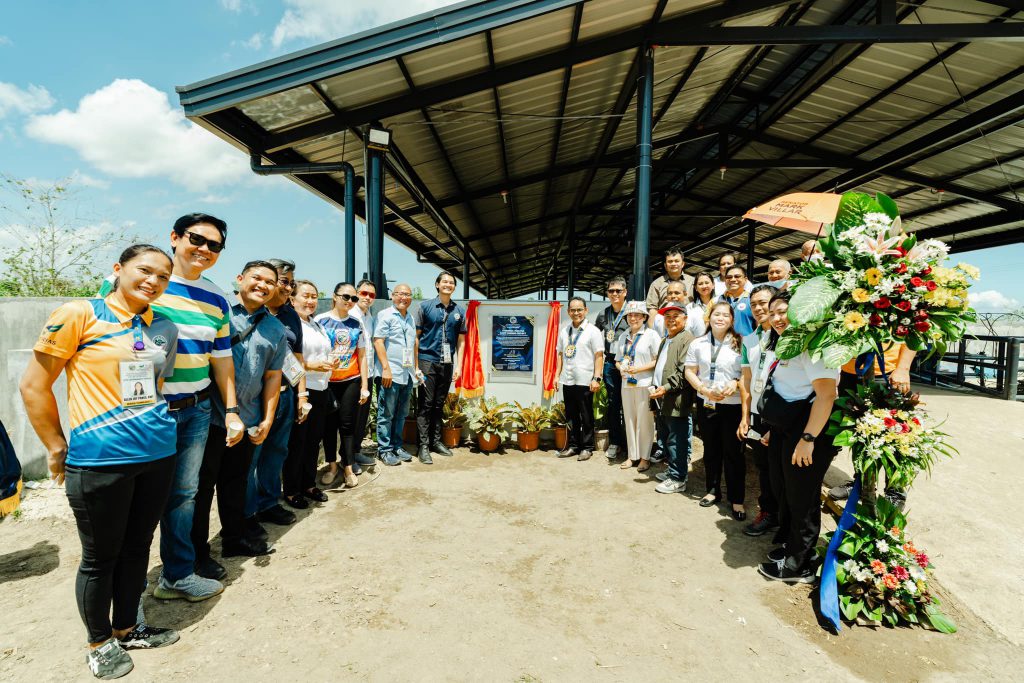Fifteen carabao farmers from Bongabon, Nueva Ecija were capacitated in various aspects of buffalo management after a three-day training held at the Bongabon Session Hall from April 23-25.
The training kicked off with an introduction to breeds, breeding, and reproduction management discussed by Genaro Candelaria, project development officer of National Dairy Business Hub (NDBH). Candelaria emphasized the significance of proper management to ensure profitability from carabaos.
“We have to get our process and management right, so our carabao gives us the profit we expect,” he stated.
Milton Joseph Tamayo, project assistant of NDBH, discussed proper housing and waste management for carabaos, and the importance of comfort for the animals. He advised that carabao pens be oriented from east to west to shield them from direct sunlight.
Dr. Francisca Loida Cabana, municipal veterinarian of LGU Bongabon, highlighted the local government initiatives aimed at addressing the needs of farmers, urging them to seek assistance without hesitation. She also recognized the participation of women farmers in the training, who play significant roles in various aspects of the carabao value chain.
“We are delighted to see the active involvement of women in our training. Their contributions, spanning from management to marketing of the carabao and its by-products, are crucial to the success of our industry,” she said.
The training also included discussions on forage production, management and conservation, nutrition and feeding management, animal health management, proper milking and milk handling, herd management, and dairy safety regulation.
Participants expressed their gratitude and enthusiasm for the knowledge gained. Teresita Abrazaldo from the Olivete Association commended the quality of the training, saying that it’s different from any training she attended before.
“We appreciate the encouragement from the training team. Their commitment goes beyond the training and demonstrates the agency’s willingness to invest in us as beneficiaries of its program,” she shared.
Nomerlito Sales, another participant, expressed his hope for future training opportunities.
“We hope to participate in more learning events conducted by DA-PCC in the future. It did help me appreciate the role of carabao as more than just draft power but as a sustainable livelihood,” he said.
The training, conducted by the DA-PCC through the NDBH, not only equipped local farmers with necessary skills but also strengthened community ties and support networks within the agricultural sector in Bongabon.

